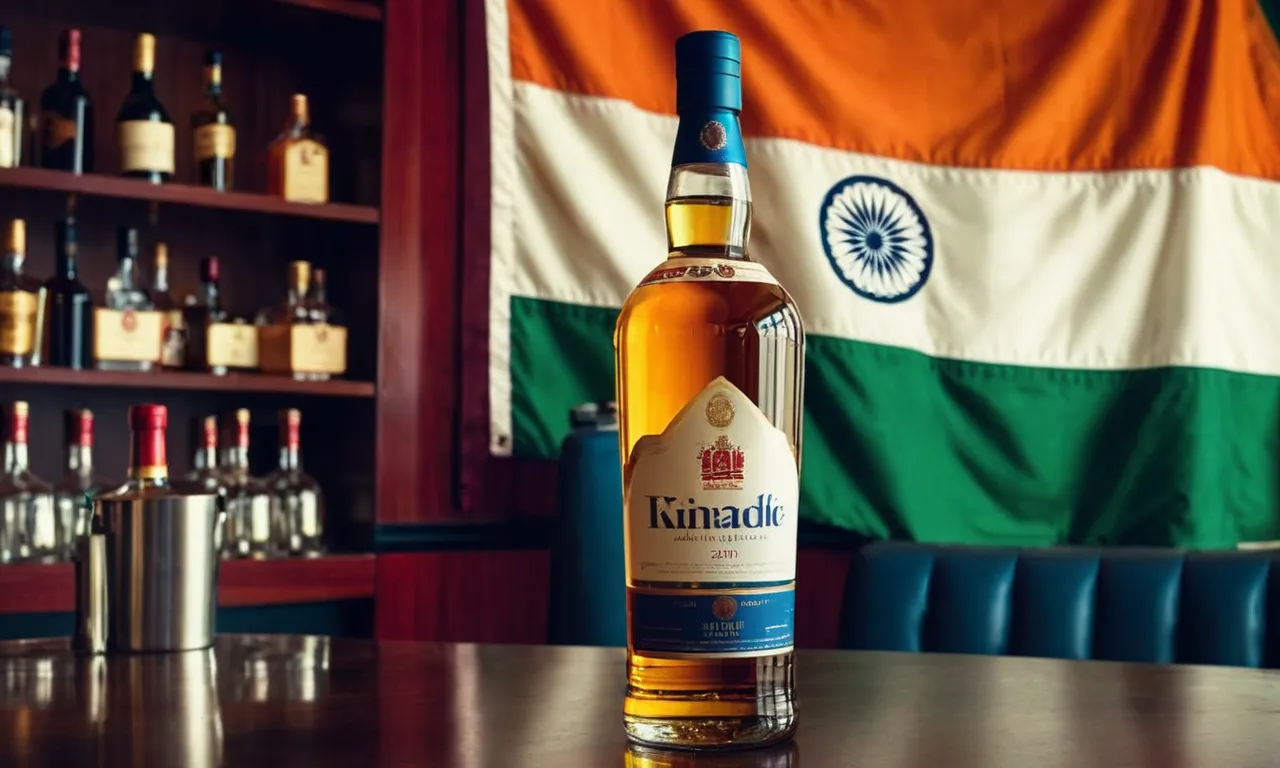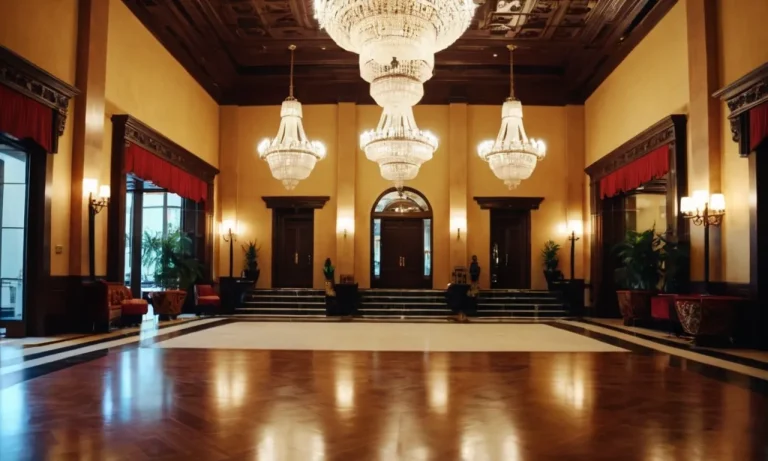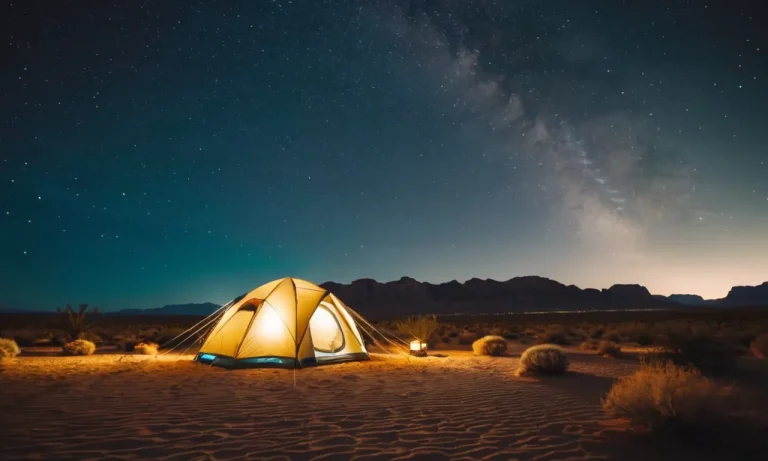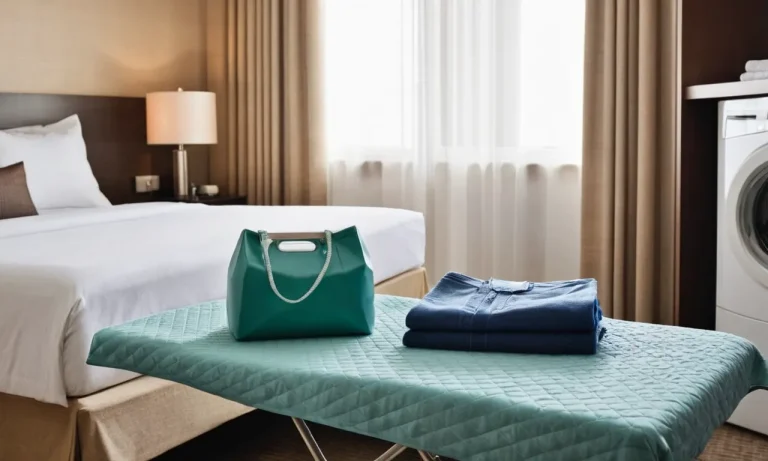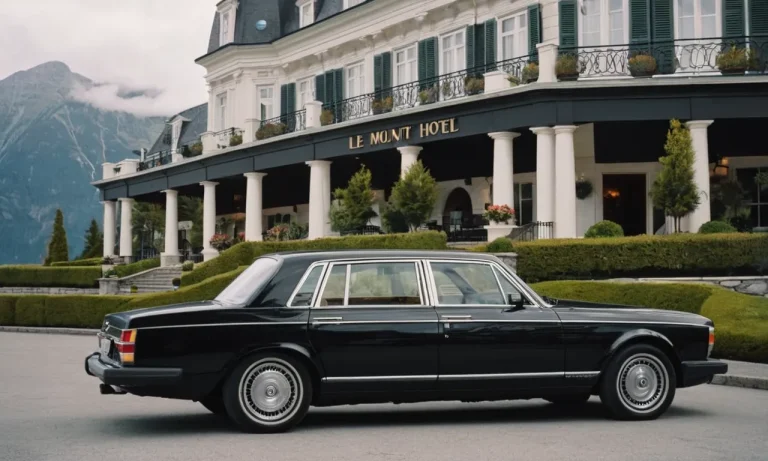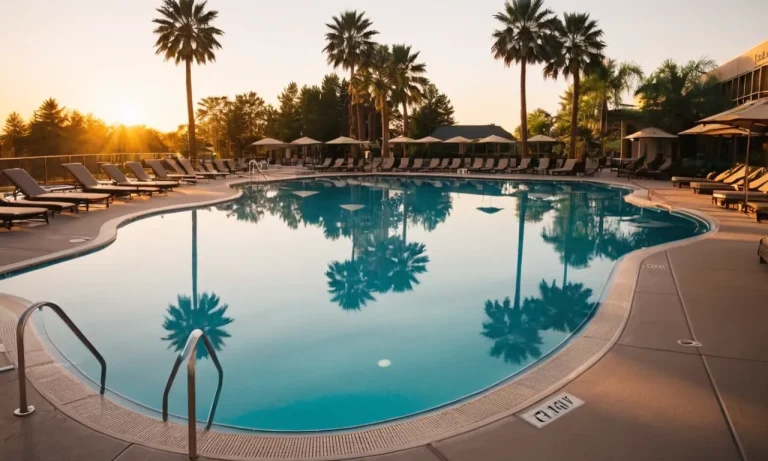Is Alcohol Allowed In Hotels In India? A Comprehensive Guide
Navigating the complex laws and regulations surrounding alcohol consumption in India can be a daunting task, especially for travelers. Whether you’re a tourist or a local, understanding the rules and restrictions regarding alcohol in hotels is crucial to avoid any legal complications.
If you’re short on time, here’s a quick answer to your question: Alcohol is generally allowed in hotels in India, but the specific rules and regulations vary from state to state and even from city to city.
In this comprehensive guide, we’ll delve into the intricacies of alcohol laws in India, exploring the legal framework, state-specific regulations, and the policies followed by hotels across the country.
We’ll also provide practical tips and insights to help you make informed decisions during your stay.
Understanding India’s Alcohol Laws
India’s alcohol laws can be a bit of a maze, varying from state to state and even within states. To navigate this complex terrain, it’s essential to grasp the nuances and intricacies of the regulations governing the sale and consumption of alcohol in the country. Let’s delve into the key aspects:
Legal Drinking Age
The legal drinking age in India is determined by individual state governments. While the majority of states have set the minimum age at 21 years, some states like Meghalaya and Sikkim have lowered it to 18 years.
Interestingly, in the state of Uttar Pradesh, the legal drinking age for beer is 21, while for other alcoholic beverages, it’s 25. It’s crucial to check the specific regulations of the state you’re visiting to ensure compliance.
Dry Days and Prohibited Areas
In addition to age restrictions, India observes “dry days” – days when the sale and consumption of alcohol are prohibited. These typically include national holidays, election days, and religious festivals.
The number of dry days varies from state to state, with some states like Gujarat and Bihar imposing a complete ban on alcohol. TravelDGlobe provides a comprehensive list of dry days across India to help travelers plan accordingly.
Licensing and Taxation
The sale and distribution of alcohol in India are tightly regulated through a licensing system. Hotels, restaurants, and retail outlets must obtain the appropriate licenses from the respective state excise departments to serve or sell alcoholic beverages.
Furthermore, alcohol is subject to hefty taxation, with states levying varying rates of excise duties and value-added taxes (VAT). According to Statista, in 2022, the revenue share from alcohol sales in India was 28% for Indian-made foreign liquor, 25% for beer, and 47% for country liquor.
These taxes contribute significantly to state revenues, making alcohol a lucrative source of income for governments.
Navigating India’s alcohol laws can be a daunting task, but by understanding the legal drinking age, dry days, prohibited areas, and licensing requirements, you can ensure a hassle-free and enjoyable experience when it comes to alcohol consumption during your hotel stay.
Remember, it’s always wise to stay informed and respect the local laws and customs. Cheers to a fantastic and responsible time in India! 🍻
State-Specific Regulations for Alcohol in Hotels
When it comes to enjoying a glass of wine or a refreshing cocktail during your hotel stay in India, the rules can vary significantly from state to state. India’s diverse cultural and religious landscape has led to a patchwork of regulations governing the sale and consumption of alcohol.
Some states are more liberal, while others impose strict restrictions or outright prohibitions. Let’s dive into the details, shall we?
Alcohol-Friendly States
- Goa: Known as the party capital of India, Goa is a beach lover’s paradise where alcohol flows freely. Hotels, restaurants, and bars serve a wide range of alcoholic beverages, making it a popular destination for tourists seeking a lively nightlife.
- Rajasthan: This vibrant state has a thriving tourism industry, and hotels cater to the needs of visitors by offering alcoholic drinks. Jaipur, Udaipur, and Jodhpur are particularly alcohol-friendly cities.
- Maharashtra: Home to the cosmopolitan city of Mumbai, Maharashtra is generally lenient when it comes to alcohol consumption in hotels. However, certain areas may have specific restrictions, so it’s always wise to check with your hotel.
Partially Restricted States
- Delhi: The capital city has a thriving nightlife scene, but alcohol sales are regulated. Hotels with a certain star rating and proper licenses are allowed to serve alcohol, while smaller establishments may face restrictions.
- Karnataka: While alcohol is available in hotels in major cities like Bengaluru, some rural areas may have restrictions or complete bans. It’s advisable to check local regulations before indulging.
- West Bengal: Kolkata and other urban areas have a vibrant drinking culture, but certain districts may impose restrictions or prohibitions. Luxury hotels and high-end establishments generally have no issues serving alcohol.
Alcohol-Prohibited States
- Gujarat: This state has a complete ban on the sale and consumption of alcohol, including in hotels. Visitors should be mindful of this restriction and plan accordingly.
- Bihar: Similar to Gujarat, Bihar imposes a total prohibition on alcohol, making it unavailable in hotels and other establishments.
- Mizoram, Nagaland, and parts of Manipur: These states in the northeastern region of India have a predominantly Christian population and have implemented alcohol bans due to religious and cultural reasons.
It’s worth noting that even in states where alcohol is permitted, some hotels may choose not to serve it due to personal or religious beliefs. Additionally, laws and regulations can change over time, so it’s always a good idea to check with your hotel or local authorities for the most up-to-date information.
According to a report by the International Wine and Spirit Research (IWSR), India’s alcohol market is expected to grow by 6.8% annually between 2022 and 2026, with whisky and beer being the most popular beverages. Source: IWSR
Whether you’re a connoisseur seeking a fine vintage or simply looking to unwind with a cold beer, understanding the local regulations will ensure a hassle-free and enjoyable hotel experience in India. Cheers to responsible indulgence and cultural awareness! 🍷🍻
Hotel Policies and Practices
In-Room Alcohol Service
Many hotels in India offer in-room alcohol service, allowing guests to enjoy their favorite drinks in the comfort of their private spaces. However, the availability of this service can vary depending on the hotel’s policies and the state’s liquor laws.
Some hotels may charge a nominal fee or a service charge for in-room alcohol delivery. It’s always a good idea to check with the hotel’s front desk or consult their website for specific details on in-room alcohol service policies and pricing.
Alcohol Availability in Hotel Restaurants and Bars
Most hotels in India have on-site restaurants and bars that serve alcoholic beverages. These establishments are typically licensed to sell and serve alcohol during designated hours. According to a study by ResearchGate, the hospitality industry accounts for approximately 15% of the total alcohol consumption in India.
However, it’s worth noting that some hotels, particularly those located in areas with stricter alcohol regulations or near religious sites, may have limited or no alcohol service in their restaurants and bars.
Bringing Your Own Alcohol
Most hotels in India do not allow guests to bring their own alcohol onto the premises. This policy is in place to comply with local liquor laws and to protect the hotel’s liquor license. However, some hotels may make exceptions for certain events or special occasions, such as weddings or private parties.
In such cases, guests may be required to obtain prior permission from the hotel management and potentially pay a corkage fee for bringing their own alcohol. It’s always best to check with the hotel’s policies beforehand to avoid any misunderstandings or potential legal issues.
While the availability of alcohol in hotels in India can vary based on location and individual hotel policies, many establishments strive to provide a comfortable and enjoyable experience for their guests.
By understanding the hotel’s alcohol policies and practices, travelers can better plan their stay and enjoy their preferred beverages responsibly and within the bounds of local laws and regulations. Remember, it’s always wise to drink in moderation and respect the cultural norms and customs of the place you’re visiting.
Tips for Responsible Alcohol Consumption in Hotels
Respecting Local Customs and Traditions
India is a land of diverse cultures and traditions, each with its unique customs and beliefs regarding alcohol consumption. While some regions have a more liberal attitude towards drinking, others strictly prohibit it due to religious or cultural reasons.
As a responsible traveler, it’s crucial to respect the local customs and traditions of the place you’re visiting. Before indulging in alcohol, take the time to understand the local norms and regulations.
You can consult reputable travel guides like Lonely Planet or Rough Guides for insights into the cultural practices of your destination.
Staying Safe and Avoiding Legal Troubles
Drinking responsibly in hotels is not only a matter of respecting local customs but also ensuring your safety and avoiding legal troubles. In India, alcohol laws can vary from state to state, and it’s essential to familiarize yourself with the regulations of the area you’re visiting.
Some states have strict laws regarding the sale and consumption of alcohol, while others have more relaxed policies. According to a study by PRS Legislative Research, as of 2020, four states in India (Gujarat, Bihar, Nagaland, and Mizoram) have implemented complete prohibition on the sale and consumption of alcohol.
👀 Ignorance of the law is no excuse, so it’s crucial to stay informed and act responsibly.
- Avoid consuming alcohol in public places or areas where it’s prohibited.
- Don’t drive or operate any machinery after drinking.
- Be mindful of your surroundings and don’t put yourself in risky situations.
Responsible Drinking Practices
Responsible drinking is not just about following rules and regulations; it’s also about taking care of your health and well-being. Excessive alcohol consumption can lead to various health issues, including liver disease, heart problems, and mental health disorders.
According to the World Health Organization, alcohol consumption is a causal factor in more than 200 disease and injury conditions. 😮 To ensure a safe and enjoyable experience, follow these responsible drinking practices:
- Pace yourself and drink in moderation.
- Stay hydrated by alternating alcoholic beverages with water or non-alcoholic drinks.
- Eat before and while drinking to slow down the absorption of alcohol.
- Know your limits and don’t engage in binge drinking.
By respecting local customs, staying informed about laws and regulations, and practicing responsible drinking habits, you can enjoy your hotel stay in India while maintaining a positive and respectful attitude towards the country’s diverse cultures and traditions.
Remember, being a responsible traveler not only ensures your safety but also contributes to promoting a positive image of your home country. 🌍🙌
Conclusion
Navigating the complex landscape of alcohol laws and regulations in India can be challenging, but with the right knowledge and preparation, you can ensure a hassle-free and enjoyable stay in hotels across the country.
By understanding the legal framework, state-specific regulations, and hotel policies, you can make informed decisions about alcohol consumption during your travels. Remember to always respect local customs and traditions, stay safe, and practice responsible drinking.
Whether you’re a tourist or a resident, this comprehensive guide will equip you with the necessary information to navigate the intricacies of alcohol laws in India, allowing you to enjoy your hotel stay without any legal complications.

